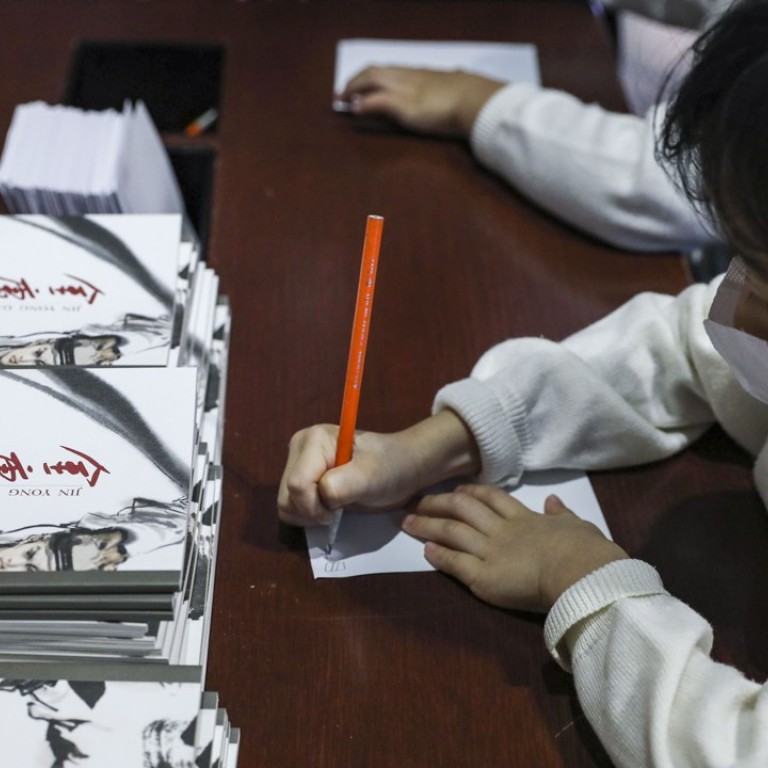
Funeral of Hong Kong martial arts novelist Louis Cha ‘Jin Yong’ to be private affair
- Condolence book will be opened at Jin Yong Gallery at Heritage Museum in Sha Tin for public to pay their last respects
Chinese literary giant Louis Cha Leung-yung’s funeral will be a private event, as he had wanted, the official Xinhua News Agency reported on Wednesday night.
Citing an obituary on behalf of Cha’s family by Ming Ho Publications Corporation, which was founded by the late martial arts novelist, Xinhua said a condolence book would be opened at the Jin Yong Gallery at the Heritage Museum in Sha Tin for the public to pay their last respects from November 12 to 30.
Hongkongers have been flocking to the gallery, which bears the writer’s pen name, as admirers and critics debate his legacy in arts and politics.
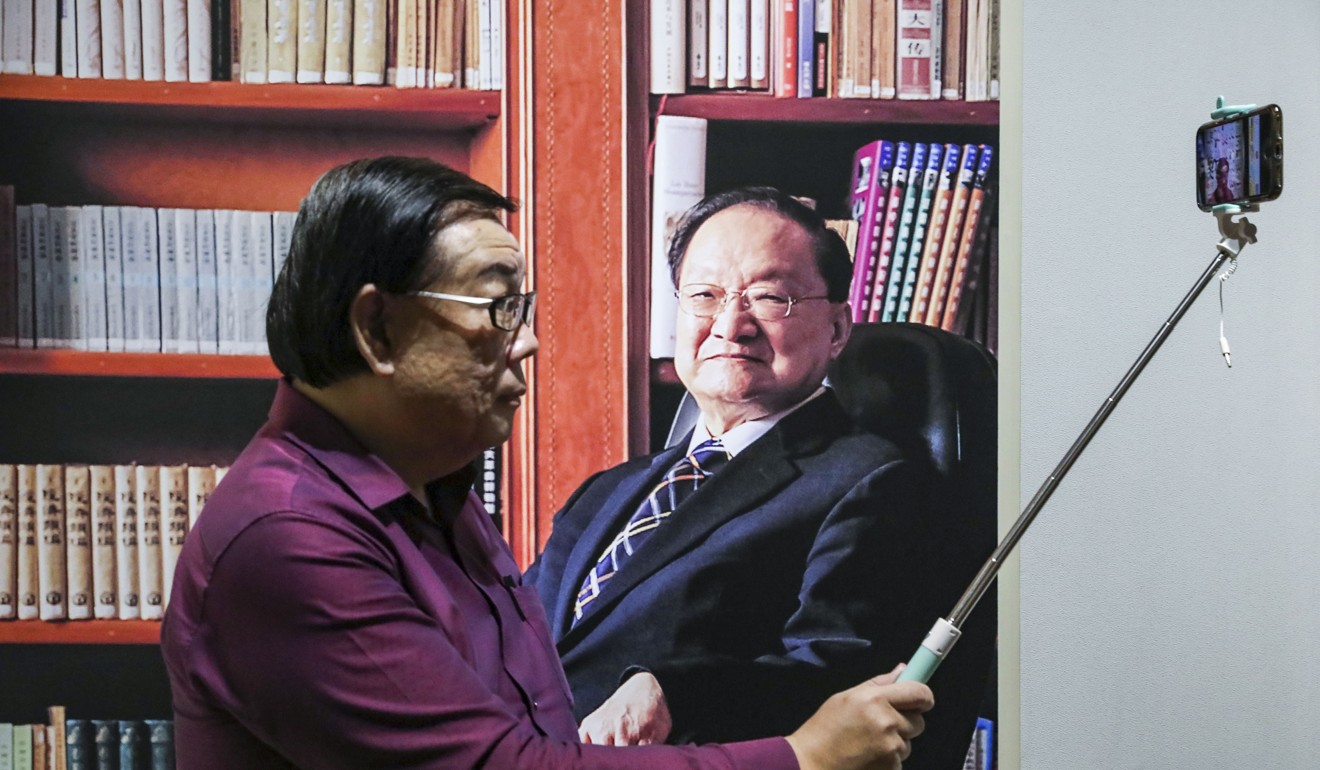
Hundreds of visitors, including groups of students and adults of all ages, have paid tribute to the world’s most popular Chinese novelist, whose work in the wuxia genre – featuring chivalrous tales of kung fu masters in ancient China – was read by everyone from teenagers to world leaders.
The gallery is home to more than 300 exhibits featuring the creative process behind Cha’s wuxia novels and the impact his works have had on Hong Kong culture. It also displays excerpts from the many films and television series adapted from his novels.
Wuxia legend Louis Cha battled liver cancer and dementia in twilight years
Fans left farewell messages on the gallery’s bulletin board, including one which said: “Mr Jin Yong, you are my childhood memory!”
One visitor said Cha’s novels taught him to be a person of integrity. Another said he appreciated Cha’s unconventional heroes.
Cha, 94, died at the Hong Kong Sanatorium and Hospital in Happy Valley on Tuesday with friends and family at his bedside. He had liver cancer and dementia, according to friend and fellow writer Chip Tsao.
Cha’s novels in the wuxia genre made him a household name both at home and among the global Chinese diaspora. He was also a community leader and co-founder of the Ming Pao newspaper group.
The writer’s son, Andrew Cha, expressed thanks for the tributes and condolences that have poured in. He posted a collage of his father’s photos on WeChat, accompanied by a couplet describing Cha as someone who was inclusive, open to all ideas and full of “chivalrous passion”.
Tributes pour in for Chinese literary giant Louis Cha
Wang Zhimin, director of Beijing’s liaison office in Hong Kong, said Cha was a patriot who loved Hong Kong, helped promote the development of the “one country, two systems” principle by which the city is governed, and made significant contributions to promote Chinese culture.
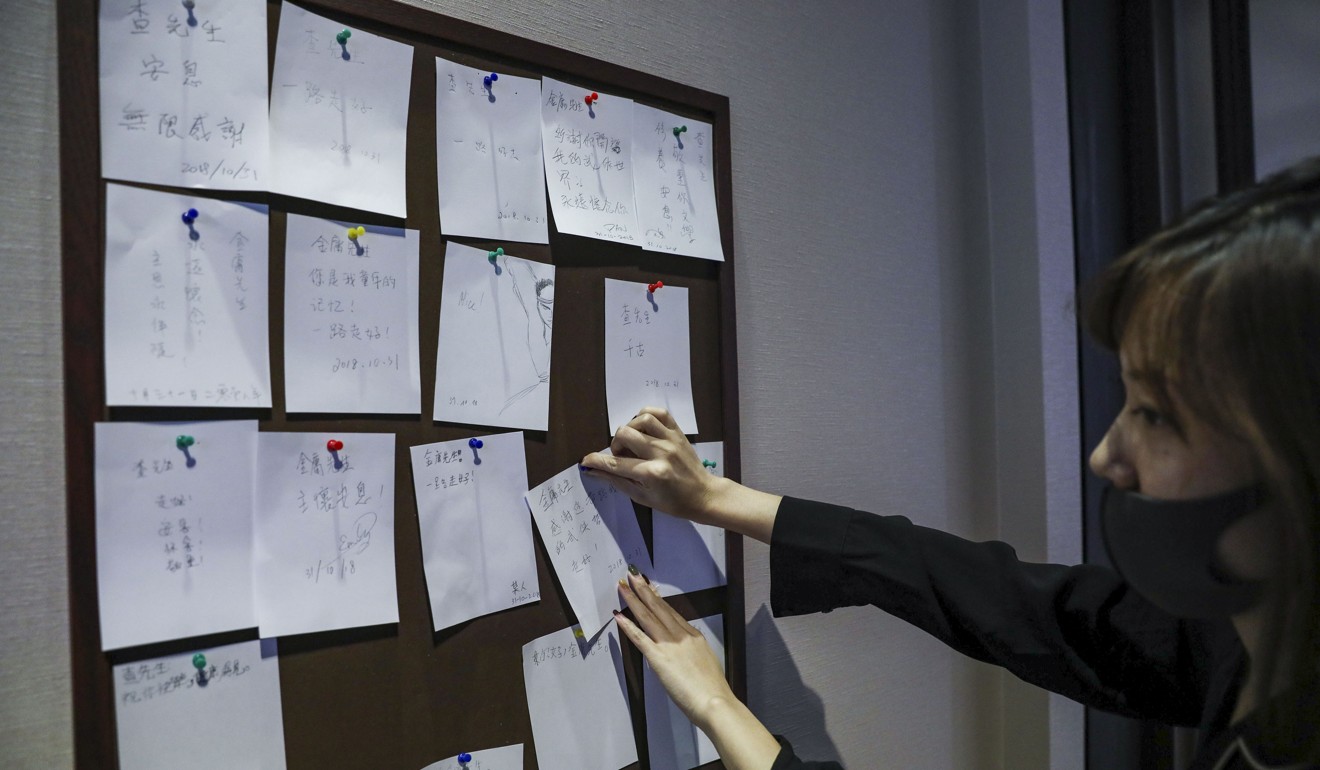
With his passing, Cha’s literary accomplishments as well as his role in Hong Kong’s democratic development were subjects of debate.
Leonard Chan Kwok-kou, chair professor of Chinese literature at Education University, said Cha’s martial arts novels had been recognised by academia as deserving a place in history, but no consensus had been reached on how he should be regarded.
Editorial: Louis Cha, the man who united Chinese in name of chivalry
Chan said Cha’s novels had traditional Chinese cultural elements such as patriotism, loyalty and chivalry, but were mostly written to a formula featuring a male protagonist, popular with women, who managed to perfect his martial arts skills towards the end of the story.
“To me, his concepts are conventional,” Chan said. “I don’t see an immensely profound portrayal of humanity in the books.”
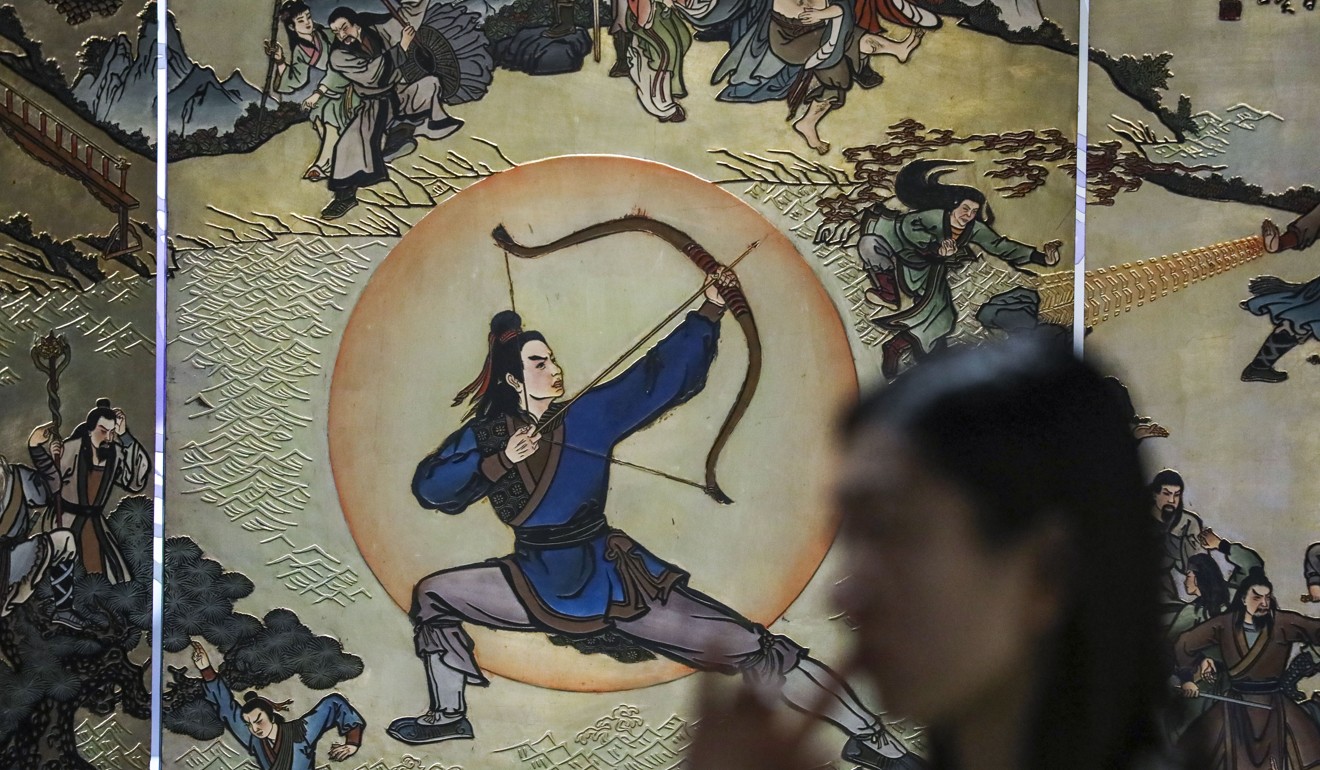
But associate professor Howard Choy Yuen-fung of Baptist University’s Chinese language and literature department disagreed, arguing Cha’s works were “Hong Kong cultural icons” and reflected the confusion felt by Hongkongers in the run-up to the city’s handover to China in 1997.
The theme of love in his novels, between father and son, between brothers, between man and woman and between master and student, were also remarkable, Choy added.
Writer Tsao, who worked for Ming Pao Daily News, said Cha contributed greatly to Hong Kong by making his newspaper a forum for intellectuals to express their ideas freely.
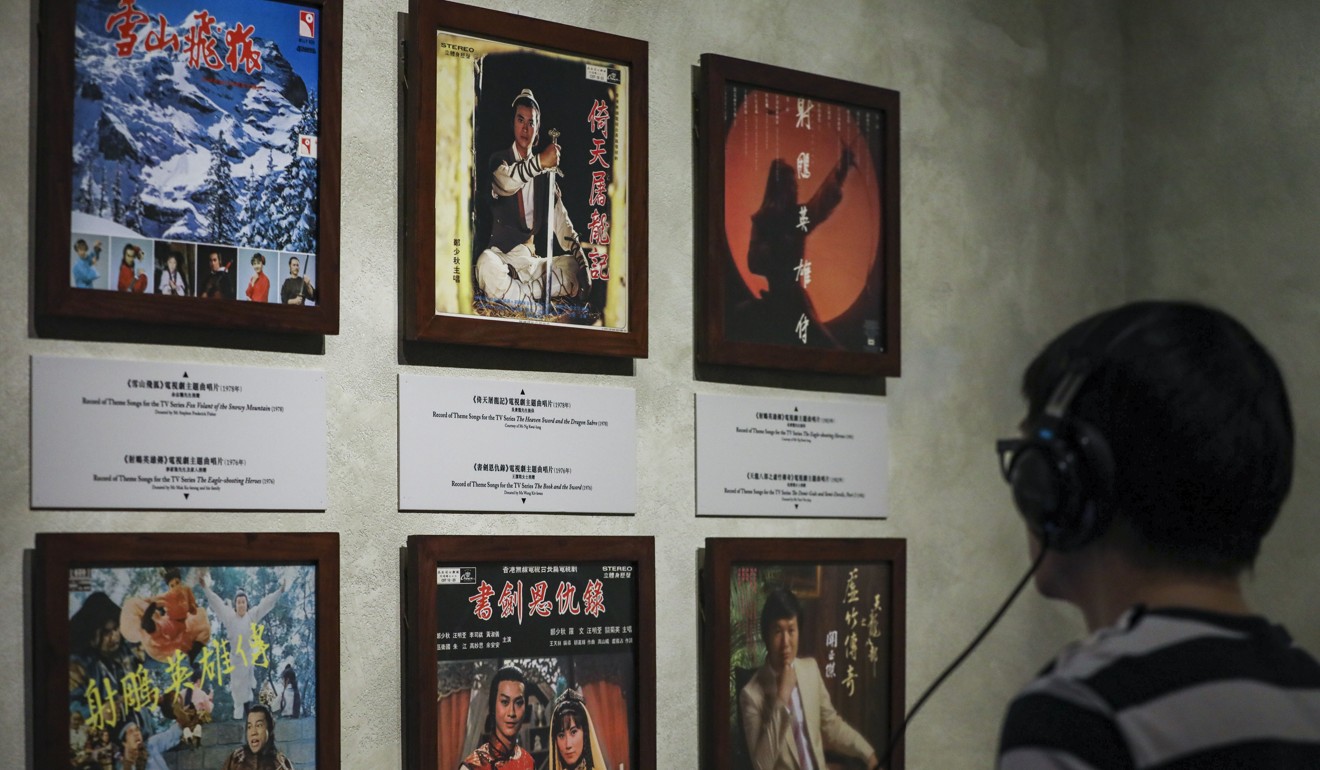
His political role was also being assessed, since Cha, as a drafter of Hong Kong’s mini-constitution for the 1997 handover, presented a conservative proposal for universal suffrage in 1988, which was eventually adopted by Beijing.
Martin Lee Chu-ming, a fellow drafter of the Basic Law, said while he understood Cha might have had a good understanding of Beijing’s bottom line and the need to compromise, the democratic camp felt he had delayed the city’s quest for democracy.
Additional reporting by Gary Cheung


